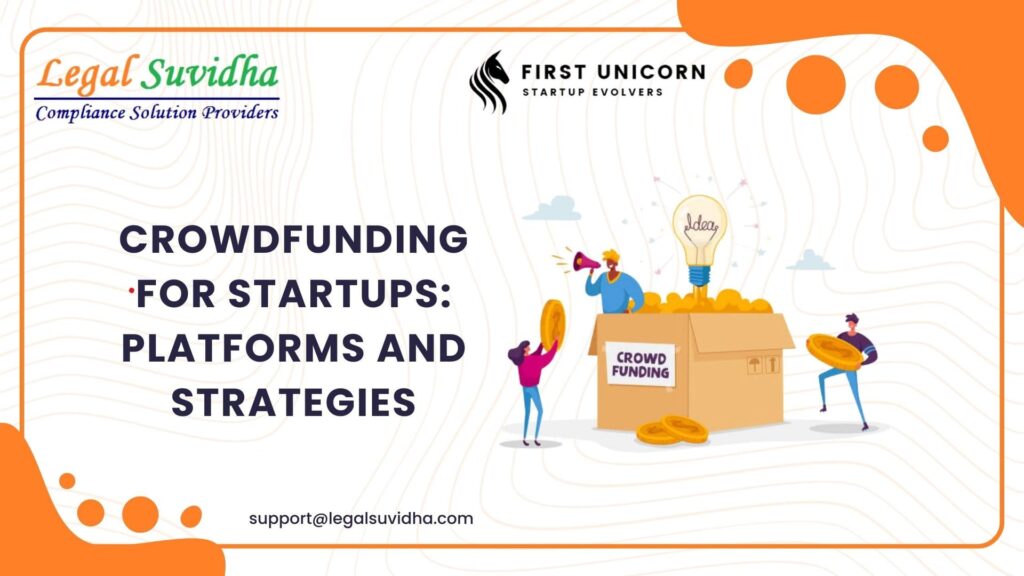Crowdfunding for Startups: Platforms and Strategies
What is Crowdfunding?
Crowdfunding is the process of raising small amounts of money from a large number of people, typically through online platforms. Entrepreneurs post their ideas, and interested individuals can contribute money to fund the project in exchange for rewards, equity, or simply the satisfaction of supporting a new venture.
There are four main types of crowdfunding:
- Reward-based Crowdfunding: Backers donate money to a startup in exchange for non-financial rewards, such as early access to a product, exclusive content, or a unique experience.
- Equity Crowdfunding: Investors provide funding in exchange for equity (ownership) in the company. This model is regulated and allows startups to raise funds from accredited investors or even the general public, depending on the platform.
- Debt Crowdfunding (Peer-to-Peer Lending): Individuals lend money to businesses, which the startup must repay over time with interest.
- Donation-based Crowdfunding: People donate money to a business or cause without expecting any financial return. This model is generally used for charitable causes or projects that serve a social purpose.
Popular Crowdfunding Platforms for Startups
1. Kickstarter
Best For: Product-based startups that want to create tangible goods or services.
Platform Overview: Kickstarter is one of the most well-known platforms for reward-based crowdfunding. It is ideal for businesses that can offer physical products or experiences to their backers.
Funding Model: All-or-nothing model: You must meet your funding goal within a set period, or you receive no money.
Example Successes: Pebble Watch, Oculus Rift, and Coolest Cooler.
2. Indiegogo
Best For: A broader range of projects, including creative, tech, and social entrepreneurship.
Platform Overview: Indiegogo is similar to Kickstarter but offers more flexible funding options.
Funding Model: Flexible funding: Keep all funds raised, whether you meet the goal or not.
Example Successes: Flow Hive, Fidget Cube, and Superstrata.
3. GoFundMe
Best For: Donations for social causes and personal fundraising (less common for startups).
Platform Overview: GoFundMe focuses on charitable causes and personal campaigns.
4. EquityNet
Best For: Startups looking for equity crowdfunding.
Platform Overview: EquityNet connects businesses with accredited investors.
5. SeedInvest
Best For: High-growth startups seeking equity investment.
6. Crowdcube
Best For: UK-based startups looking for equity funding.
Strategies for a Successful Crowdfunding Campaign
Running a successful campaign requires more than just listing your idea online. Key strategies include:
- Craft a Strong Story: Explain your vision and journey with compelling visual content.
- Set a Realistic Funding Goal: Research similar campaigns to set achievable targets.
- Build Momentum Before Launch: Engage your audience and secure early backers.
- Offer Attractive Rewards: Provide exclusive and value-added incentives.
- Engage with Backers: Communicate transparently and build a community.
- Leverage Social Media: Use platforms and influencers to boost visibility.
- Plan Post-Campaign Fulfillment: Ensure timely delivery of rewards.
Conclusion
Crowdfunding can be a powerful tool for startups to raise capital and build a community. Selecting the right platform and executing an effective strategy is key to success.
Are you looking for Startup Funding/Grant/Loan for your Business? Fill out this form:










